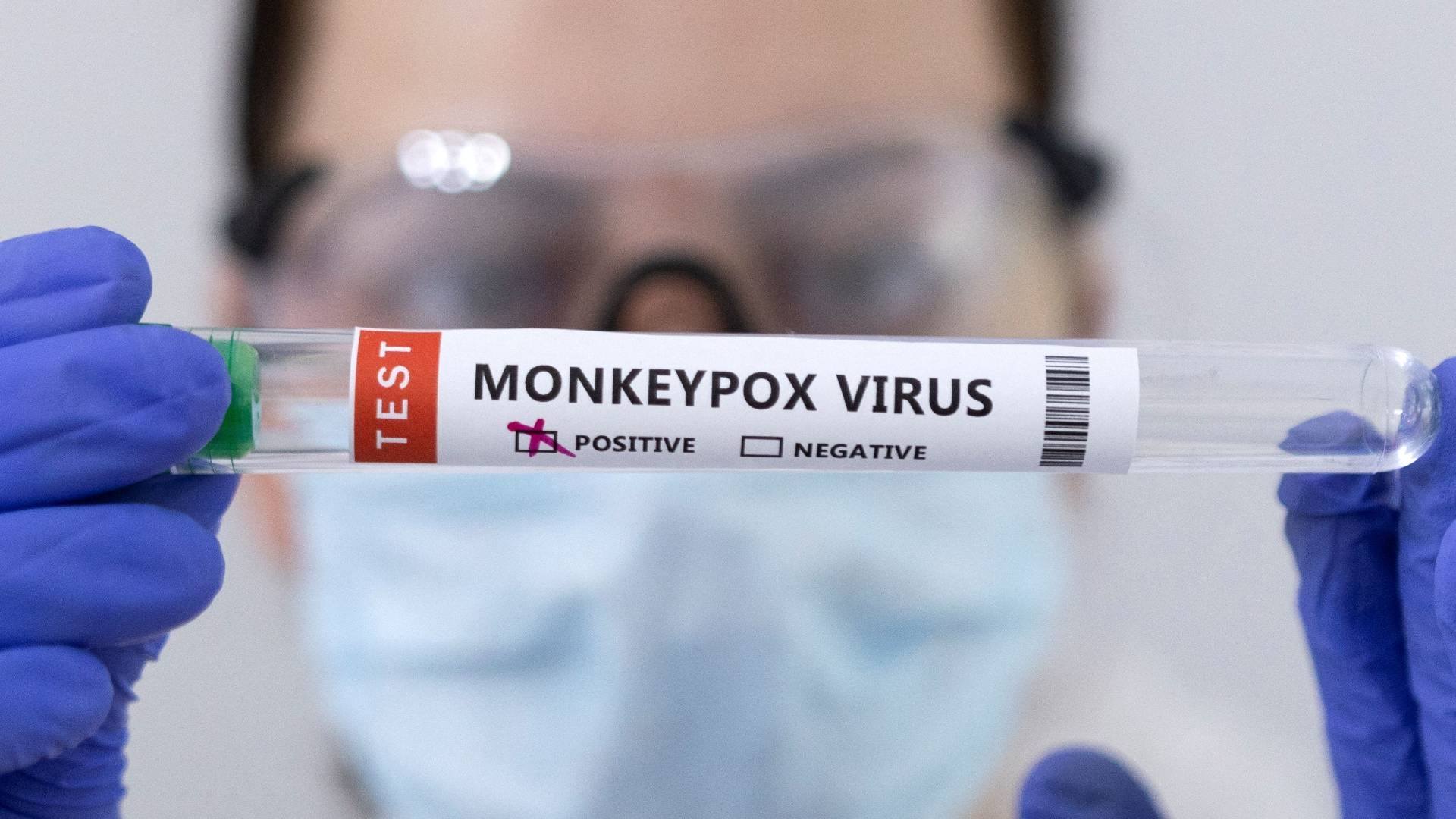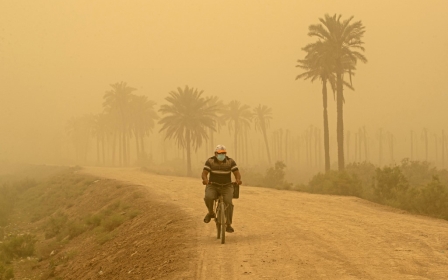Monkeypox: UAE detects first case of the virus

The United Arab Emirates recorded its first case of monkeypox on Tuesday, declaring it was "fully prepared" to handle a potential outbreak.
The UAE's Ministry of Health and Prevention said that a 29-year-old woman arriving from West Africa had contracted the monkeypox and is receiving medical treatment.
The UAE is the first Gulf country to detect monkeypox after Israel became the first country in the Middle East to record a case of the virus last week.
"We have put in place precise mechanisms for diagnosing suspected patients," a ministry statement said.
"The technical advisory team for pandemic control has also prepared a comprehensive guide for surveillance, early detection of the disease, management of clinically infected patients and precautionary measures," it added.
Unlike Covid-19, which spread rapidly worldwide in 2020, the World Health Organization (WHO) said on Monday that the chances of a monkeypox outbreak among the populations in Europe and North America remain very low.
The virus can lead to a fever, muscle aches, swollen lymph nodes, chills, exhaustion and a chickenpox-like rash on the hands and face.
However, it is not usually fatal and can be contracted through skin lesions or droplets of bodily fluid from an infected person.
"Monkeypox is usually self-limiting but may be severe in some individuals, such as children, pregnant women or persons with immune suppression due to other health conditions," WHO said.
WHO said the disease is endemic in Central and West Africa and can be stopped outside the infected countries.
Fewer than 200 confirmed and suspected cases have been recorded since early May in Australia, Europe, the Middle East and North America.
WHO defined the monkeypox as "zoonosis," meaning "a disease that is transmitted from animals to humans," adding that the virus was found in "squirrels, Gambian poached rats, dormice, different species of monkeys and others".
Middle East Eye propose une couverture et une analyse indépendantes et incomparables du Moyen-Orient, de l’Afrique du Nord et d’autres régions du monde. Pour en savoir plus sur la reprise de ce contenu et les frais qui s’appliquent, veuillez remplir ce formulaire [en anglais]. Pour en savoir plus sur MEE, cliquez ici [en anglais].




